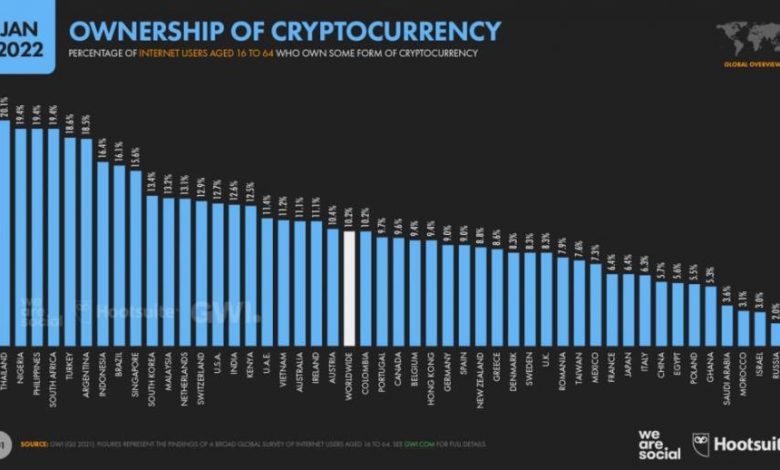Cryptocurrency in Developing Countries: Opportunities and Challenges

Cryptocurrency in Developing Countries: Opportunities and Challenges
Introduction
Cryptocurrency has gained widespread attention globally as a decentralized digital currency that operates on a technology called blockchain. While developed nations have embraced cryptocurrencies like Bitcoin and Ethereum, developing countries are also exploring the opportunities and challenges that cryptocurrencies present. This article will examine the potential advantages and obstacles facing developing countries in adopting and utilizing cryptocurrencies.
Opportunities for Developing Countries
Financial Inclusion
Cryptocurrencies have the potential to provide financial services to unbanked populations in developing countries. By leveraging blockchain technology, individuals can have access to financial services without the need for traditional bank accounts. This inclusion can empower millions of underprivileged individuals and SMEs by enabling cheaper and more efficient financial transactions.
Remittance Solutions
Remittance is a vital part of many developing economies, as citizens working abroad often send money back home. However, traditional remittance methods can be expensive and time-consuming. Cryptocurrencies offer a quicker, cheaper, and more secure alternative for cross-border transactions, reducing fees and increasing accessibility for individuals receiving remittances.
Investment Opportunities
Cryptocurrencies allow individuals in developing countries to participate in global financial markets without complex regulatory hurdles. This opens up investment opportunities and helps diversify portfolios without dependence on local markets. Additionally, blockchain technology can facilitate transparent and efficient record-keeping, reducing corruption and increasing trust in the financial system.
Challenges for Developing Countries
Volatility
One significant challenge facing cryptocurrencies is their inherent volatility. Developing countries with weak economies can be vulnerable to drastic price fluctuations, making it difficult to use cryptocurrencies as a stable store of value. Regulatory frameworks and education around risk management are necessary to mitigate this challenge effectively.
Infrastructure and Technological Barriers
Adopting cryptocurrencies requires reliable internet access and digital infrastructure. Unfortunately, many developing countries face limitations in these areas, making it difficult for widespread adoption. Governments and private sector entities need to invest in improving connectivity and educating the population on technology to overcome these barriers.
Regulatory Concerns
Regulatory uncertainty is another significant challenge. Developing countries often lack clear guidelines and regulations surrounding cryptocurrencies, leading to skepticism and caution from investors and users. Establishing appropriate regulatory frameworks, addressing concerns about fraud and money laundering, and educating the public on the benefits of cryptocurrencies are essential steps for wider adoption.
FAQs
1. Are cryptocurrencies legal in developing countries?
The legality of cryptocurrencies varies from country to country. While some developing countries have embraced cryptocurrencies, others have imposed restrictions or outright bans. It is important to research and understand the specific regulations in each country.
2. How can cryptocurrencies benefit individuals in developing countries?
Cryptocurrencies can provide financial inclusion, enable cheaper and faster cross-border transactions, and offer investment opportunities beyond local markets. They can also facilitate transparent and efficient record-keeping, reducing corruption and increasing trust in the financial system.
3. What risks are associated with cryptocurrencies in developing countries?
Volatility, infrastructure limitations, and regulatory uncertainties are significant risks. Price fluctuations can impact the value of cryptocurrencies as a store of value, limited internet access hinders adoption, and unclear regulations create skepticism among potential users.
Conclusion
Cryptocurrencies present both opportunities and challenges for developing countries. While financial inclusion, remittance solutions, and investment opportunities can empower individuals and stimulate economic growth, volatility, infrastructure barriers, and regulatory concerns need to be addressed. By overcoming these challenges, developing countries can harness the potential of cryptocurrencies to build more inclusive and efficient financial systems.
Remember to consult with local experts and authorities for the most up-to-date information on cryptocurrency regulations in specific countries.